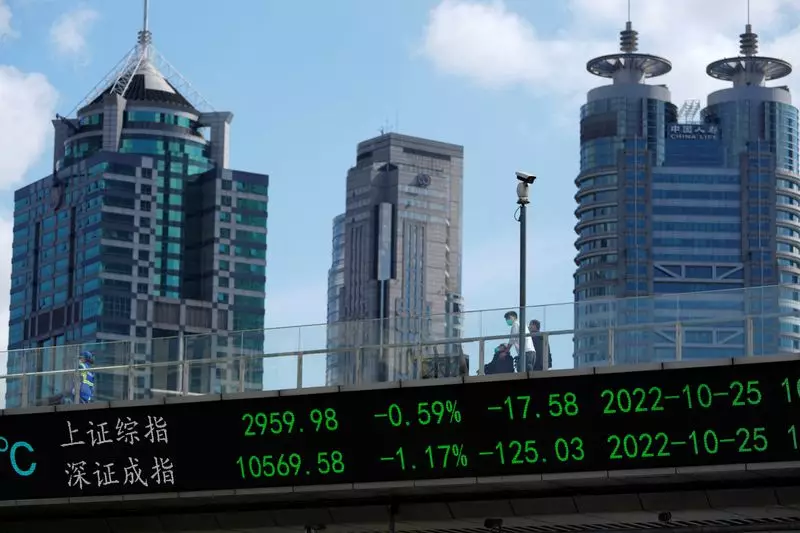The recent events surrounding the attempted assassination of former President Donald Trump have cast a shadow over Asian markets. The impact of these political tensions on trading and investing in Asia remains uncertain. This article will explore the potential repercussions of this incident and other significant factors affecting Asian markets.
Market Reaction to U.S. Political Tensions
The escalation of U.S. political tensions following the attempted assassination of Trump has raised concerns among investors. The response of Asian assets to this event will be closely monitored for any indication of the impact on trading and investing. Analysts are speculating that a strengthening of Trump’s election prospects could result in ‘Trump-victory trades,’ such as a stronger dollar and a steeper U.S. Treasury yield curve. The uncertainty surrounding these developments has added to the existing volatility in the market.
Key Economic Indicators in Asia
Prior to the recent political tensions, Asian investors were already facing a slew of economic issues. These include mounting expectations of U.S. rate cuts, suspected Japanese FX intervention, and a wave of economic data from China, including second-quarter GDP figures. The softening of U.S. inflation rates has fueled a ‘risk-on’ sentiment in the market, with expectations of rate cuts by the Federal Reserve starting in September. However, concerns about weakening growth and labor market conditions could temper this optimism, especially with the onset of the Q2 U.S. earnings season.
China’s economic health remains a major point of interest for investors in Asia. The upcoming release of house price, industrial production, investment, retail sales, unemployment, and GDP data for June is expected to shed light on the country’s economic performance. Analysts are keeping their expectations modest, with forecasts of a 1.1% expansion from the previous quarter and a 5.1% year-on-year growth rate. These figures would represent a decline from earlier readings, reflecting the challenges facing China’s economy due to a prolonged property crisis and weak consumer demand.
While Japanese markets are closed for a holiday, the yen’s performance against the U.S. dollar remains a topic of interest. The yen’s recent rally to a four-week high against the dollar has sparked speculation about possible intervention by Japanese authorities. The yen’s surge, coupled with Bank of Japan’s money market activities, suggests official intervention to support the currency. The yen’s strong performance has put pressure on Japanese stocks, triggering a significant decline. Hedge funds’ substantial short yen positions indicate potential further volatility in the market.
India’s Economic Outlook
In India, wholesale price inflation is expected to rise to a 3.5% annual rate in June, up from 2.6% in May. This uptick in inflation reflects the challenges faced by emerging economies in managing price pressures and sustaining economic growth amid global uncertainties. The impact of political developments in the U.S. on India’s economy remains to be seen, but heightened market volatility could pose risks to financial stability.
The recent escalation in U.S. political tensions has added a layer of uncertainty to Asian markets. Investors will closely monitor the response of key economic indicators in China, Japan, and India to gauge the broader impact of these events. While market sentiment remains fragile, opportunities for growth and investment may emerge amidst the prevailing challenges.


Leave a Reply